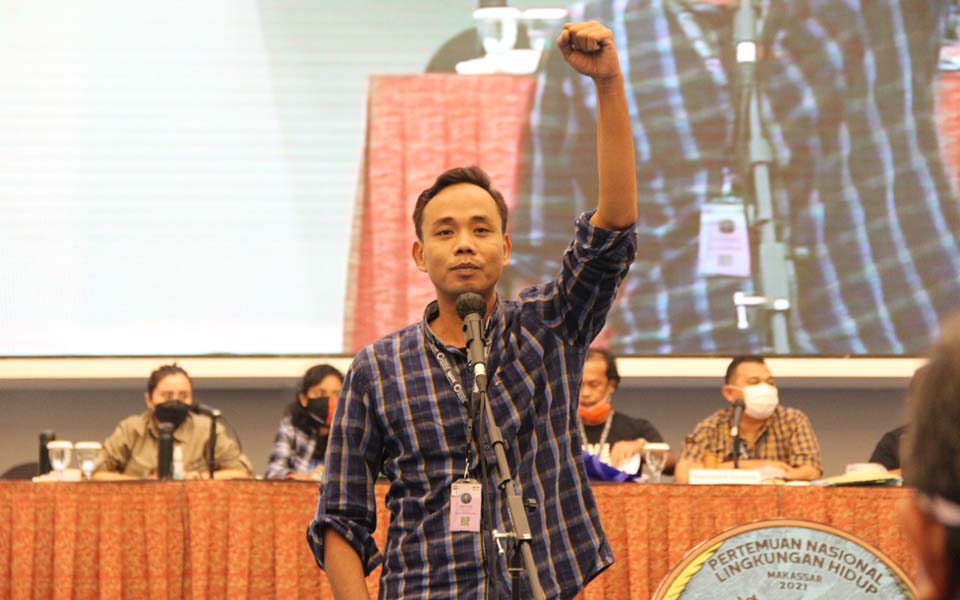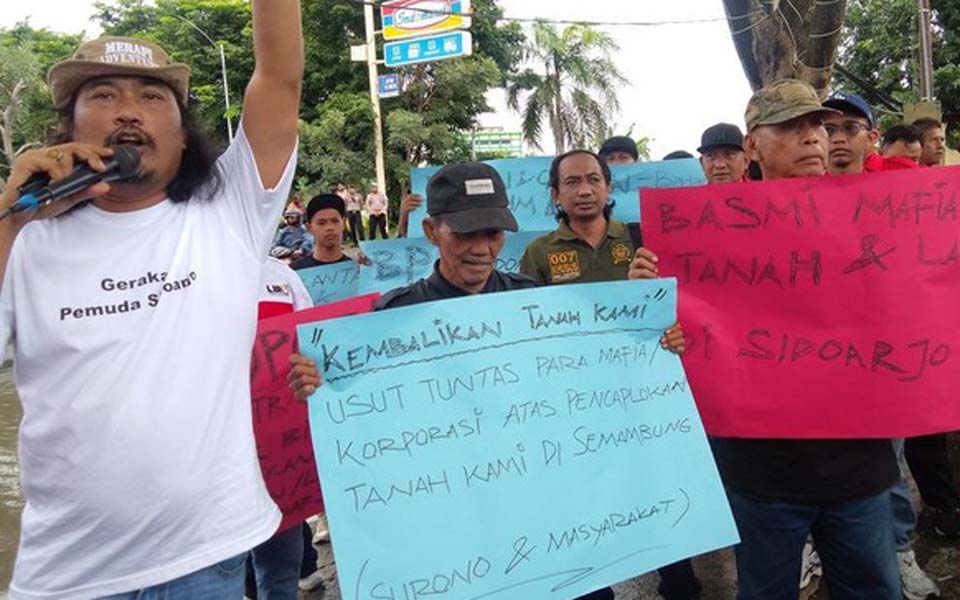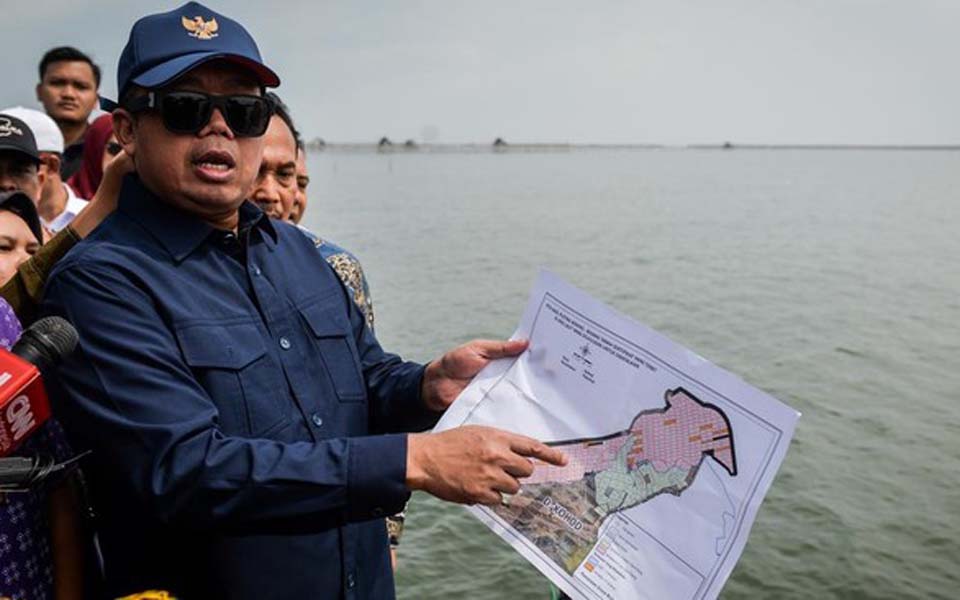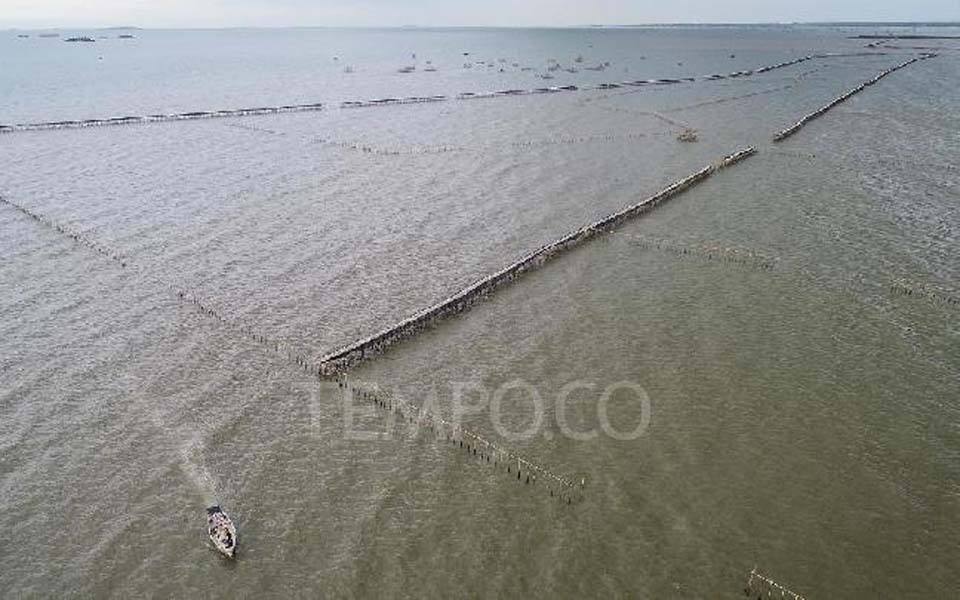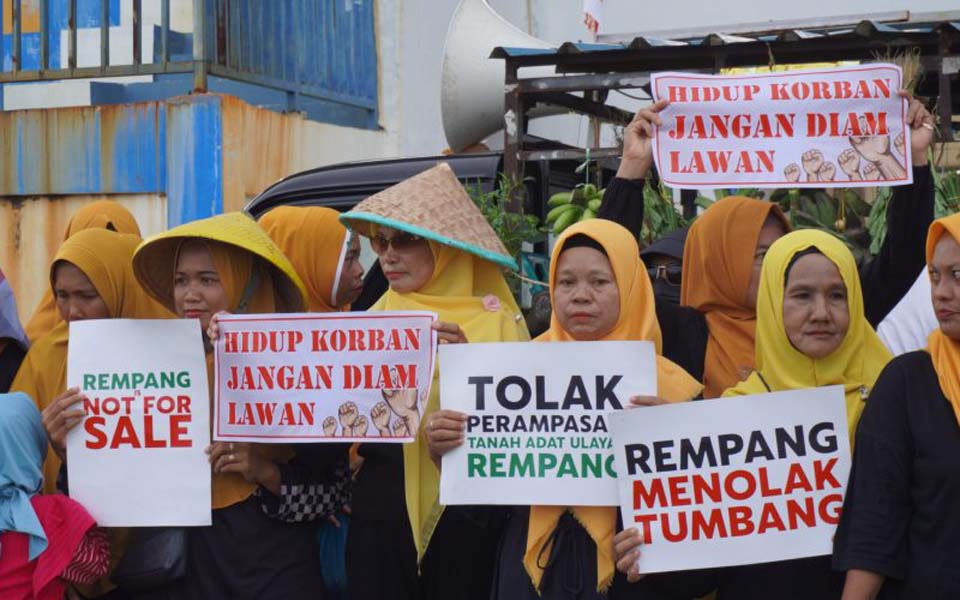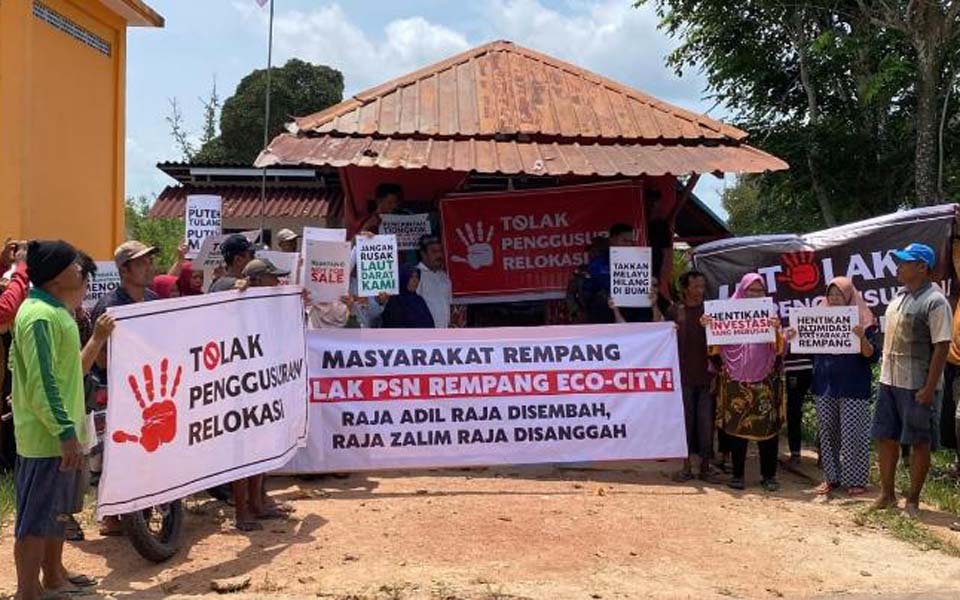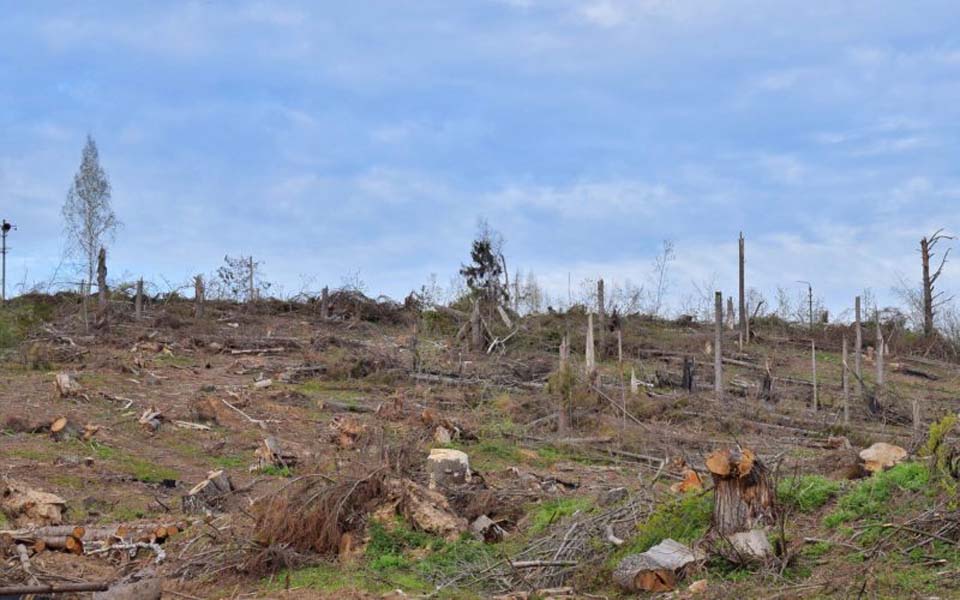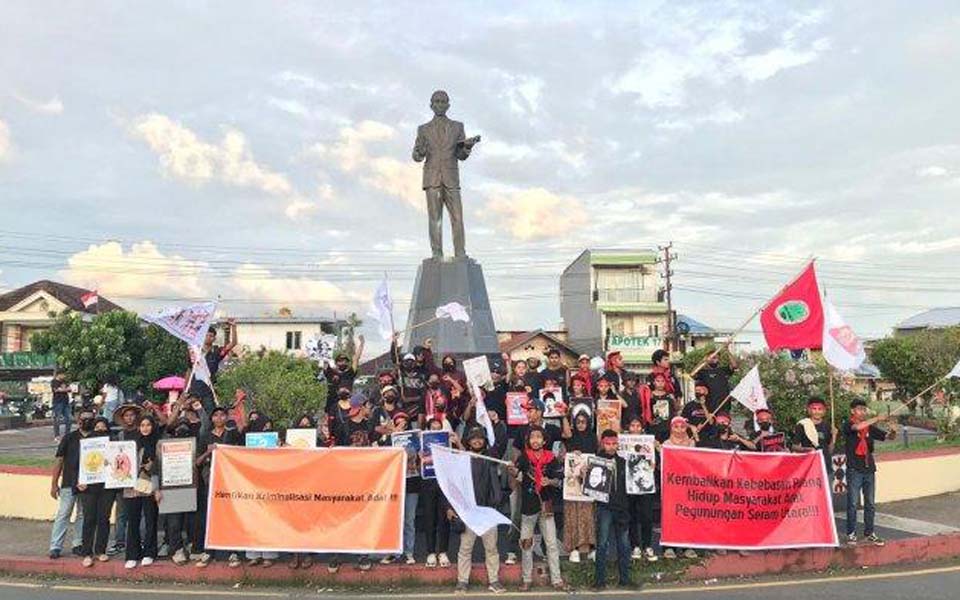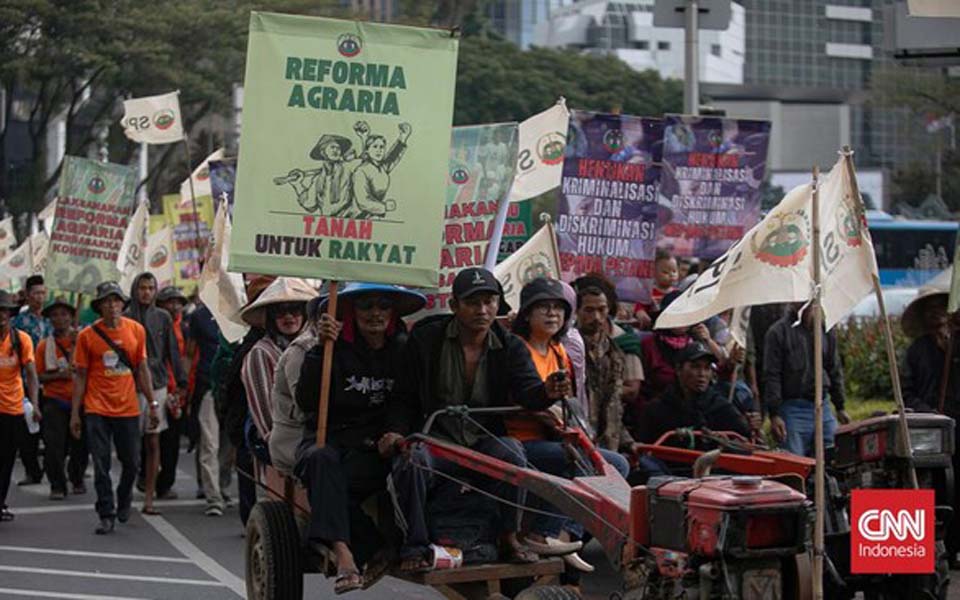Jakarta – Agrarian conflicts in palm oil plantation areas – followed by the criminalisation of local residents who object to these palm oil plantations – have in creased two-fold in 2010 compared with 2009.
It is estimated that the number of conflicts will further increase in 2011 due to the massive clearing of forests and the overlapping of location permits (to convert forest areas) with community forest areas.
Palm Oil Watch Department of Social and Environmental Mitigation head Norman Jiwan says that 660 case of agrarian conflicts occurred in palm oil plantation areas in 2010.
“Throughout 2009, the number of cases agrarian conflicts in palm oil plantations was only around 240. The criminalisation of local residents involved in these conflicts increased from 112 in 2009 to more than 130 in 2010” said Jiwan on Tuesday January 4.
Separately, Indonesian Forum for the Environment (Walhi) national executive forest and plantation campaigner Deddy Ratih said that the criminalisation of local residences has occurred in 13 plantation conflicts in nine provinces.
Between January and December 2010, 125 local residents were criminalised for their involvement in palm oil plantation agrarian conflicts. “In several cases there were incidence of violence, three people were killed”, said Deddy.
Deddy said that many palm oil plantation location permits were issued in 2009. “In Central Kalimantan, in 2009 location permits were issued to 336 companies. The total area of land covered by palm oil plantation location permits has reached 4.7 million hectares. These location permits were issued to 268 companies that do not have forest conversion permits.
“In 2010, these permit holders cleared forests for their plantations, and conflicts also arose”, said Deddy.
Norman believes that Ministerial Plantation Regulation Number 26/Permentan/OT.140/2/2007 increases the risk of agrarian conflicts in palm oil plantation areas.
“First, it changed the limit on the size of palm oil plantations for each company in a province from 20,000 to 100,000 hectares. Second, the regulation states, if within three years [after] the clearing of land the permit holders do not use more than 50 percent [of the land], then the permit will be revoked. This makes companies race to clear their land by any and all means. Agrarian conflicts then arise”, he said.
It is estimated that agrarian conflicts in 2011 will increase further. “The moratorium on the issuance of new permits in the cooperation between Indonesia and Norway will not reduce agrarian conflicts in palm oil plantation areas”, said Norman.
The government has already issued in principle licenses for forest areas covering 26 million hectares. Meanwhile the palm oil plantations that have been realised only cover 9 million hectares. “There are still 15 million hectares of forest left that can be converted into palm oil plantations and this will certainly give rise to new agrarian conflicts”, said Norman. (ROW)
[Translated by James Balowski.]






